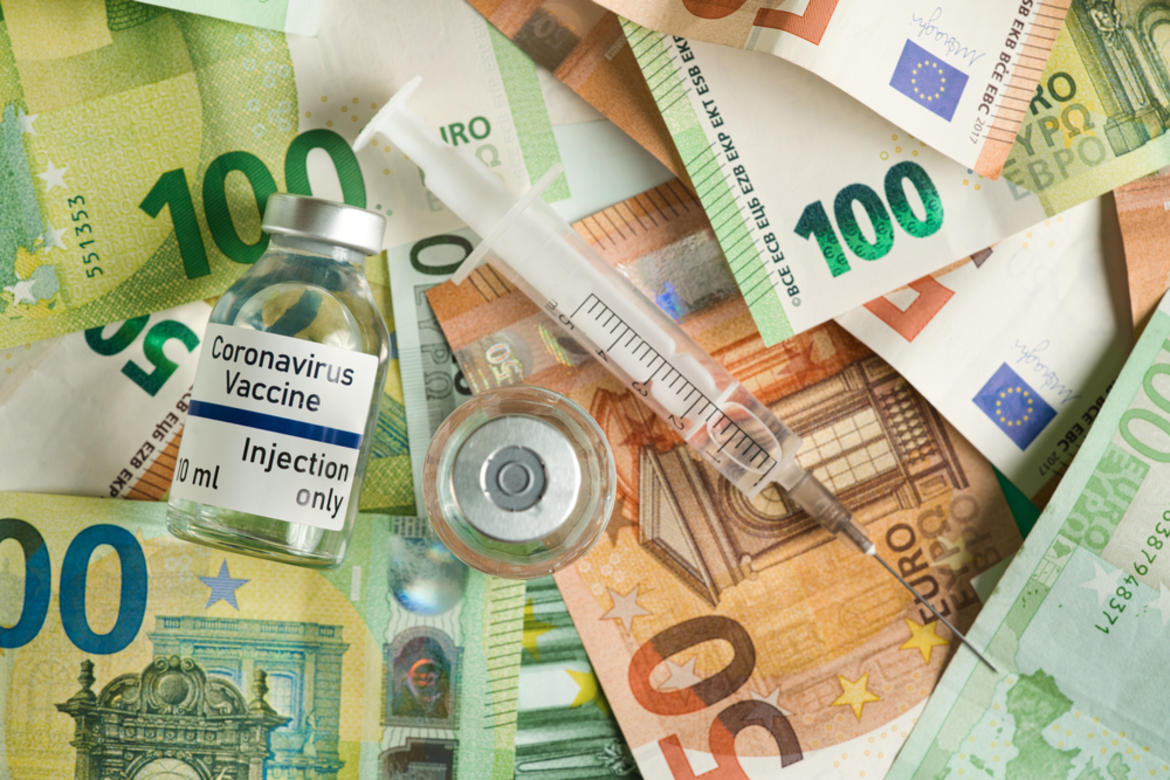Health
Large investigations
Stories
After more than a year of successive lockdowns implemented by European governments to curb the spread of COVID-19, the French authorities are now worried about the mental health of their citizens.
April 28, 2021
While the EU’s most populous countries are recording the most overall COVID-19-related deaths since the start of the pandemic, the Czech Republic, Hungary, and Bulgaria had the highest number of COVID-19-related deaths in relation to their populations during the same period.
April 25, 2021
In the European Union, thousands of people with serious mental disorders live isolated and secluded from society, without receiving all the care they need. At least 150 million euros of EU funds, intended to improve their situation, have been used for other purposes.
April 22, 2021
María Álvarez, data journalist at Civio, coordinated EDJNet's coverage of two relevant issues in the wake of the COVID-19 pandemic: changes in mobility and nurse shortage in Europe. In this video, she presents the main challenges and the most interesting findings of the two works. Data on mobility were analysed to identify how containment measures affected people's lives; nursing personnel data was among the indices used to assess how prepared European healthcare systems were for the pandemic.
April 6, 2021
When it comes to job status and mental wellbeing, the young are the most affected by the pandemic among Europeans, reveals a recent report by Eurofound.
April 6, 2021
The EU’s vaccine distribution delays could be solved through voluntary collaborations established by pharmaceutical giants. However, civil society and several EU countries are calling for the liberalization of patents, to be able to independently produce doses and ensure vaccine coverage for the largest possible number of people. The second part of Stefano Valentino’s report on the monopolistic practices of pharmaceutical companies.
March 22, 2021
The European Union shifts between defending citizens’ health and defending pharmaceutical industry monopoly by opposing the liberalization of vaccine production. This might only delay achieving the immunisation necessary for economic recovery. We delve into this issue in a three-part investigation.
March 19, 2021
Clara Guibourg, data journalist at Journalism++/Newsworthy, contributed to EDJNet’s coverage of COVID-19 with an investigation on excess deaths in Europe. In this video, she presents how she approached the subject starting from summer 2020, including the type and limits of the various sources. She also points at some of the most interesting findings of their work, which was notable both for its scope (most of Europe was covered) and for its scale (data on excess deaths refers to regions).
March 17, 2021
Last year, more than half of the alerts issued by the EU's Rapid Alert System for Food and Feed concerned products from non-EU countries. If these countries are unable to adapt their production chains to EU food safety regulations over the next few years, the risks to European citizens will continue to grow.
March 16, 2021
Ángela Bernardo, data journalist at Civio, coordinated EDJNet’s large investigation on access to mental health care in Europe. In this video, she presents how her team approached the subject and what were some of the most interesting findings of their work. Mental health care, including both psychological and psychiatric care, is critical to the wellbeing of plenty of people, especially in the wake of the COVID-19 pandemic – yet access to treatment is not always easy, especially in the public sector.
March 9, 2021










